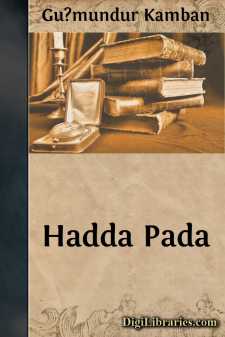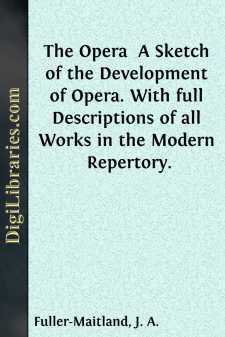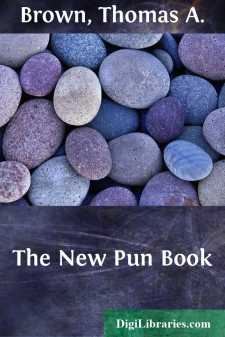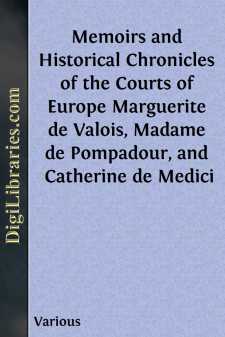Categories
- Antiques & Collectibles 13
- Architecture 36
- Art 48
- Bibles 22
- Biography & Autobiography 815
- Body, Mind & Spirit 144
- Business & Economics 28
- Children's Books 18
- Children's Fiction 14
- Computers 4
- Cooking 94
- Crafts & Hobbies 4
- Drama 346
- Education 58
- Family & Relationships 59
- Fiction 11835
- Games 19
- Gardening 17
- Health & Fitness 34
- History 1378
- House & Home 1
- Humor 147
- Juvenile Fiction 1873
- Juvenile Nonfiction 202
- Language Arts & Disciplines 89
- Law 16
- Literary Collections 686
- Literary Criticism 179
- Mathematics 13
- Medical 41
- Music 40
- Nature 180
- Non-Classifiable 1768
- Performing Arts 7
- Periodicals 1453
- Philosophy 65
- Photography 2
- Poetry 896
- Political Science 203
- Psychology 44
- Reference 154
- Religion 515
- Science 126
- Self-Help 85
- Social Science 83
- Sports & Recreation 34
- Study Aids 3
- Technology & Engineering 60
- Transportation 23
- Travel 463
- True Crime 29
Our website is made possible by displaying online advertisements to our visitors.
Please consider supporting us by disabling your ad blocker.
Hadda Pada
by: Gu?mundur Kamban
Description:
Excerpt
INTRODUCTION
Iceland has always been famous for the quality of her literature, although nowadays but little of it comes to our shores. It is, therefore, an especial pleasure to introduce the author of "Hadda Padda."
Godmundur Kamban, son of a merchant of an old and well known Icelandic family, was born near Reykjavik, the capital of Iceland, on June 8, 1888. He was graduated twenty-two years later from the College of Reykjavik, where he received honoris causa in literature and language, the first and only time this prize has ever been awarded. While still at college, he was made assistant editor of the best known newspaper in Iceland, edited by Bjorn Jonsson, the late Prime Minister, in whose home Mr. Kamban lived during his college career. In 1910, he proceeded to the University of Copenhagen, where he specialized in literature and received his Master's degree. In Copenhagen, Peter Jerndorff, the famous Acteur Royal, practically regarded him as his own son. Under Jerndorff's direction for five years, he obtained that thorough dramatic education which is so essential to the fastidious Scandinavian Theatre, and to which Ibsen also served an apprenticeship.
"Hadda Padda," Mr. Kamban's first dramatic work, was written in Denmark in 1912, while he was still a student at the University of Copenhagen. Originally written in Icelandic, it was translated into Danish and submitted to the Royal Theatre, a fortress difficult of access to the newcomer. This theatre did not even fully recognise such masters as Ibsen and Bjornson until they stood on the heights of achievement. Our author was but twenty-four years old, unknown, and offering his first play.
From the outset "Hadda Padda" caused the directors unexpected trouble. It took them four times as long as usual to come to a decision. They finally accepted it "on account of its literary merit," but without any obligation on their part to produce it, as the scenery of the last act was of "such daring and dangerous character."
There was but one thing to do and Mr. Kamban did it. His play was published by Gyldendal, the most distinguished of the Scandinavian publishers. He sent a copy to Georg Brandes, as do thousands of authors from all parts of the world. Next evening he received a letter from the great critic, telling him that he had read the play, and asking Mr. Kamban to call on him at his home. A few days later, when he spent four hours with Brandes at and after table, the latter told him that he received on an average twelve volumes a day from different authors of every nationality, and were he to do nothing else, he could not read even one twelfth of them. "But I am going to write an article about your play," he concluded. Thus was Mr. Kamban's place as an artist assured.
In spite of the unanimous recognition the play received from the press, the theatre still refused to produce it, as nearly all the authorities agreed that it would be "hardly possible to stage." Finally, the new chief of the theatre, Count F. Brockenhuus-Schack, determined to carry the matter through....












